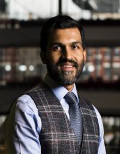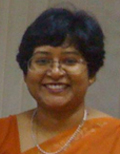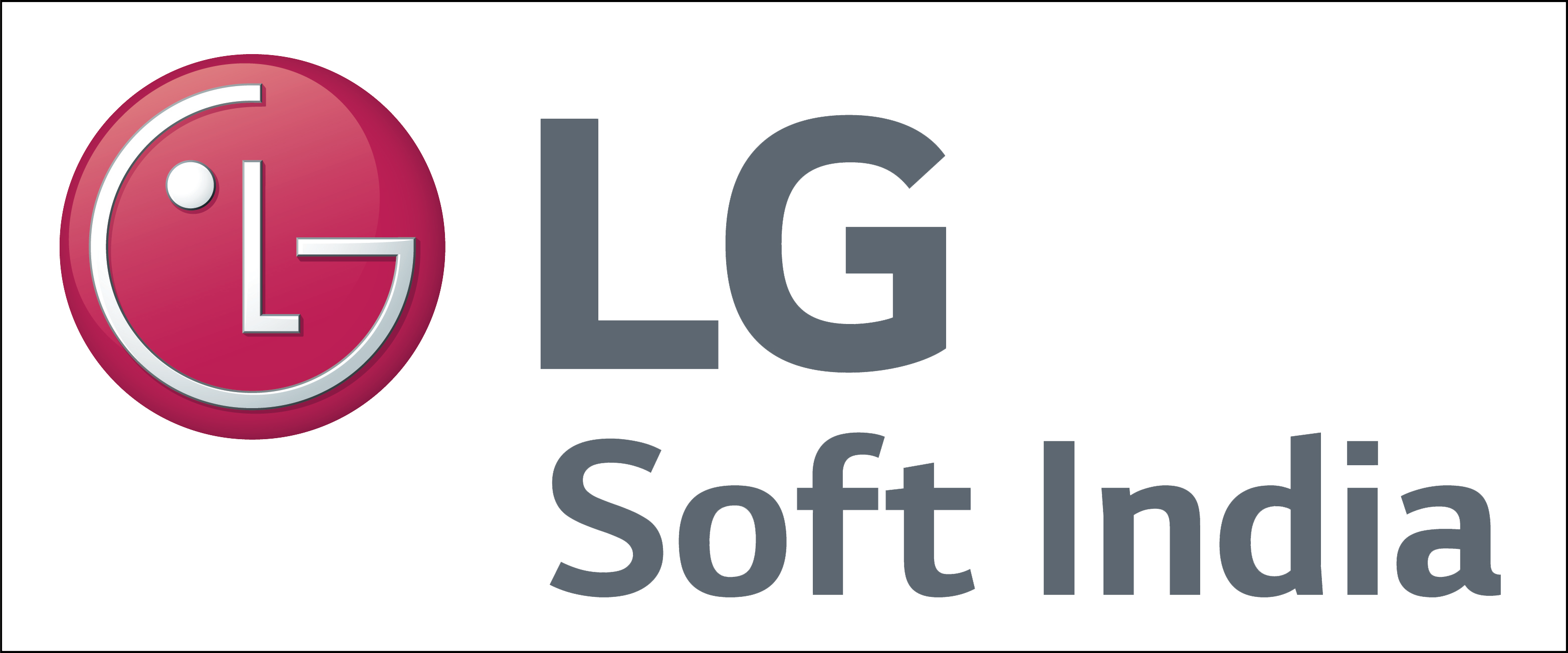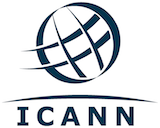Panel Discussions
Panel 1 - Connected and Self-Driving Cars in India: Will They Ever Work?
Date - 4th Jan 2018, 05:45 PM - 7:00 PM | Venue: Grand Ball Room
Abstract:
Smart, autonomous/self-driving and connected vehicles have the potential of huge societal impact. Most of these efforts today are focused in developed regions of the world where road and communication infrastructure is advanced and reliable. Since autonomous self-driving vehicles require support infrastructure with clear indications of the surrounding driving environment to detect obstacles, pedestrians, signage, etc., it is important to understand the limitations of this emerging technology to apply it in a safe, predictable and cost effective manner in challenging situations. This panel will discuss and debate the state of the art and several important questions in this context, including the following:
- What are the challenges of self-driving cars, and how are academics, startups and established industry players addressing them”?
- Can autonomous vehicles be deployed safely in developing regions of the world? What are the associated technical challenges?
- What new algorithms are needed and what additional requirements are placed on the computing and communication infrastructure to mitigate the challenges of the less than adequate physical transport infrastructure? At what cost?
- Do crowd-sensing and vehicle-to-vehicle communication techniques play a bigger role in these environments in receiving high fidelity data to operate vehicles autonomously?

Venkat Padmanabhan
Microsoft Research, India

Lux Rao
Cisco, India

Sridhar Reddy
Savari, India

Shailesh Kumar
Olacabs, India

Saad Nasser
Ati Motors, India
Panel 2 - Networking Research is Dead. Long live Networking Research!
Date - 5th Jan 2018, 05:15 PM - 6:30 PM | Venue: Grand Ball Room
Abstract:
The lines between networking, storage and compute are fast blurring and have been for a while. A lot of networking functions are now part of the compute infrastructure with host based networking techniques. Software defined networking (SDN) also proposes to put the network intelligence and control in servers that coordinate the operation of distributed programmable network devices. Special purpose network middlebox functions are now virtualized and run in VMs and containers. With these accelerating trends, is the network just fast and dumb plumbing with limited innovation potential? This panelists will provide their perspectives on whether networking is still a hot area, provide a vision for future networking and will debate the following topics:
- What are the new emerging challenges in networking? What are the “holy-grail” networking problems?
- Is inter-disciplinary networking research for example, with machine learning, programming languages topic areas the right way to go?
- How should a student interested in networking choose relevant problems to work on?

Krishna Gummadi
MPI-SWS, Germany

Anand Rangarajan
Google, India

Mythili Vutukuru
IIT Bombay, India

Lixia Zhang
University of California, LA, USA

George Varghese
University of California, LA, USA
Panel 3 - Connecting the Next Trillion: The Future of Wireless at a Crossroads
Date - 6th Jan 2018, 05:15 PM - 6:30 PM | Venue: Grand Ball Room
Abstract:
We are on the brink of the widespread proliferation of several competing and complementary wireless technologies, such as 5G and ubiquitous Wifi, LoRa and NB-IoT, loons, drones, and satellite communications . It is important to understand the benefits and the shortcomings of each, and where these fit into the broader picture of emerging IoT applications such as Connected Cars. In this panel, we shall discuss the pros and cons of these technologies, and, apart from their applicability to the Internet of Things, we shall also discusswhat their proliferation will mean for the general population. We will debate where we, as a community, should be focusing our attentions: should we concentrate cutting-edge technology for the privileged but powerful few, or should we apply our efforts to ensure that larger sections of the world population have access to wireless services and technologies.

Uday Dodla
Qualcomm, India

Jayaram Beladakere
Cisco, India

Bijendra N. Jain
IIT Delhi, India

Kaushik Roy Chowdhury
Northeastern University, USA

Balamuralidhar P
TCS Innovation Labs, India

Tulika Pandey
MeitY, GoI, India
Panel Co-Chairs

Ranjita Bhagwan
Microsoft Research, India

Sujata Banerjee
VMWare, USA





































